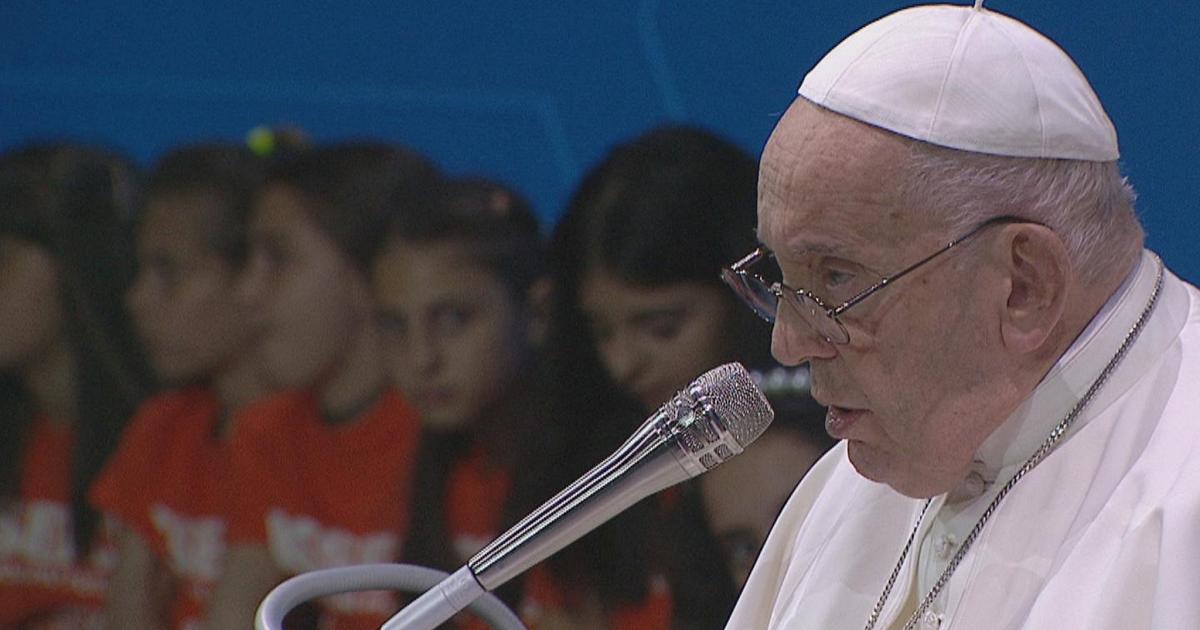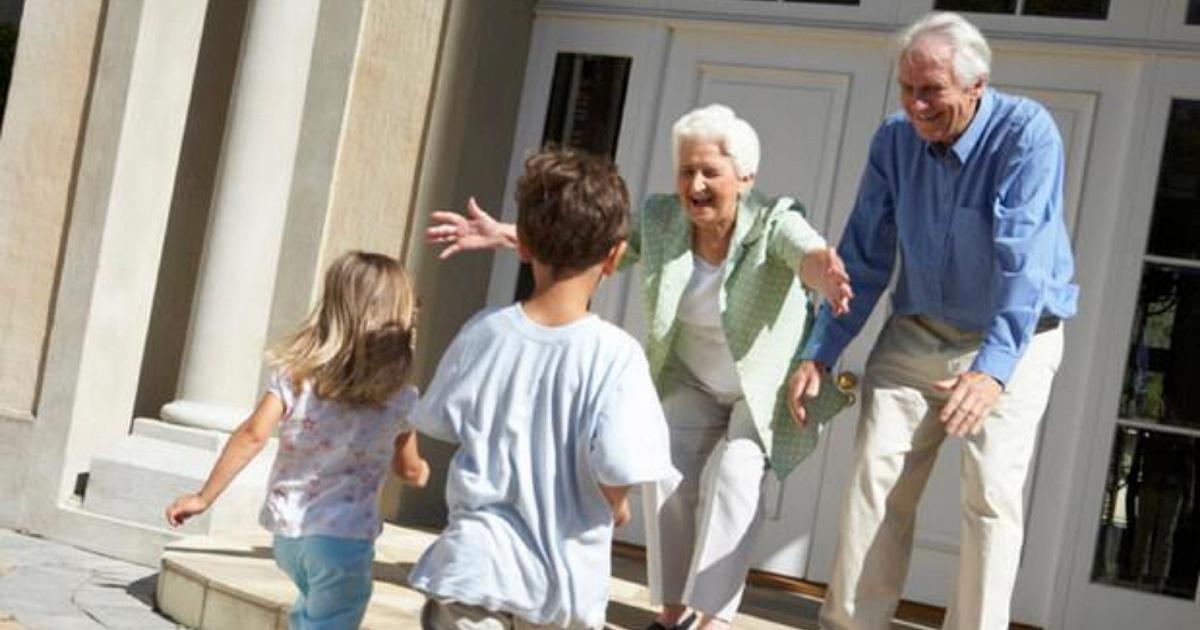Norberto Bobbio in his “In Praise of Gentleness” wrote: “I like gentle people, because they are the ones who make this “flower bed” more habitable, so much so that they make me think that the ideal city is not the one fantasized and described in the smallest details by the utopians , but one where the goodness of customs has become a universal practice.
The movement mKindness Conference held in Palermo October 17-20concluded yesterday with meetings and debates between Italian and international experts, representatives and inspirations of the Movement from all over the world, from Italy to the United States, from Canada to Switzerland, from the United Kingdom to India and to Nigeria. The slogan of this 11th assembly is “Kindness will change the world”.
The Minister of Justice Carlo Nordio was also invited to Palermo and called for greater kindness also in justice: “Benevolence is the product of a deep feeling which is born from culture and awareness of our limits. More than the laws, we must turn to those who administer them. Plato said that it is better to have a bad law and a good judge than the opposite.. Rather than the laws, I would turn to former fellow magistrates. Here, put yourself in the place of those before you. Especially in the criminal field, because the accused, rich or poor, always finds himself in a situation of great pain and suffering. The law must be applied, the guilty must be punished but always treated in a humane and possibly benevolent manner.“.
Natalia Re, president of the movement invites us to concretely realize kindness: “Being kind should be naturally easy, since we are already the children of an act of love. This should therefore be intuitive and natural, but in the concrete of daily life, with the rigidification of our culture, the space for kindness becomes very limited. And so our invitation is to train it, to cultivate it day by day. Small gestures, intra-family but also personal like self-satisfaction which can be the driving force to access concrete actions.
“The greatest enemy of kindness is certainly narcissism, but so is our inability to take the time in such a frenetic society. And this time corresponds to the care that we can provide to ourselves and therefore naturally to others.”.
Does kindness make you feel better? According to Giorgio Landoni, psychoanalyst, yes, it helps you feel better, but “we could turn the question around and say if we feel better, are we nice? Both things apply. Without a doubt, those who manage to be kind live better lives. That is to say, out of kindness and not out of formal dress, he who wants to sell something by force of circumstances does it better if he is kind, in an internal, ethical situation, where we bring under control this infinite love of ourselves which is at the bottom of the human spirit and submit it to the necessity of the social bond without which we cannot reach the level of human beings.
“Kindness is a form of respectit does not depend on age, whether it is older or smaller so that there are no arguments, quarrels, even in the family”, for Giuseppe, 18-year-old student at the Ninni Cassarà high school in Palermo. “The disease of social relationships – he explains – is being too closed in on oneself, or not wanting to face a discussion. For example, you want to be kind to a person, maybe you have -you are afraid of this person's comments and then maybe you close off a little It depends on you, interacting is normal, we do it every day so in my opinion it is not so much an illness or a. blockage, a wall that prevents us from speaking, it is something that mainly depends on us.
Is it possible to measure the real effects of acts of kindness? SAccording to scholar and kindness ambassador Alan Williams, not only is measurement a possible act, but it also has a precise mathematical formula that connects those who practice it to the environment around them.. It appeared on the opening day of the work. Schools, public administration, mental health care and prisons are among the topics covered to understand if, as the title of the event indicates – “Kindness will change the world” – kindness can really change the world.
“We wanted to study how kindness spreads across networks, creating waves of positive change,” said Alan Williams who presented to the gathering. the kindness equation, a formula that can be used to evaluate an act of kindness by breaking it down into its main components.
“In its simplest form – Williams explained – the kindness equation explains how a combination of preparation, expression, and impact combines into an act of kindness that can then spread via the ripple effect to potentially create kindness ad infinitum.“. A new perspective therefore on the functioning of kindness, measuring not only the initial act but also its extended impact. The equation introduces, in fact, the concept of “splash”, the mutual benefit between those who give kindness. kindness and surroundings.


